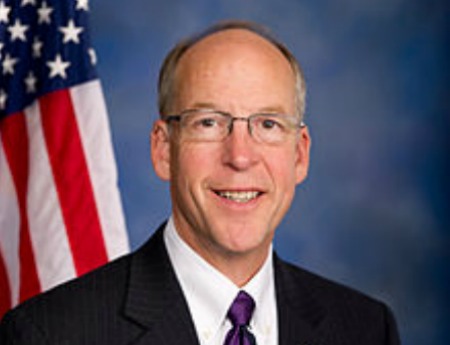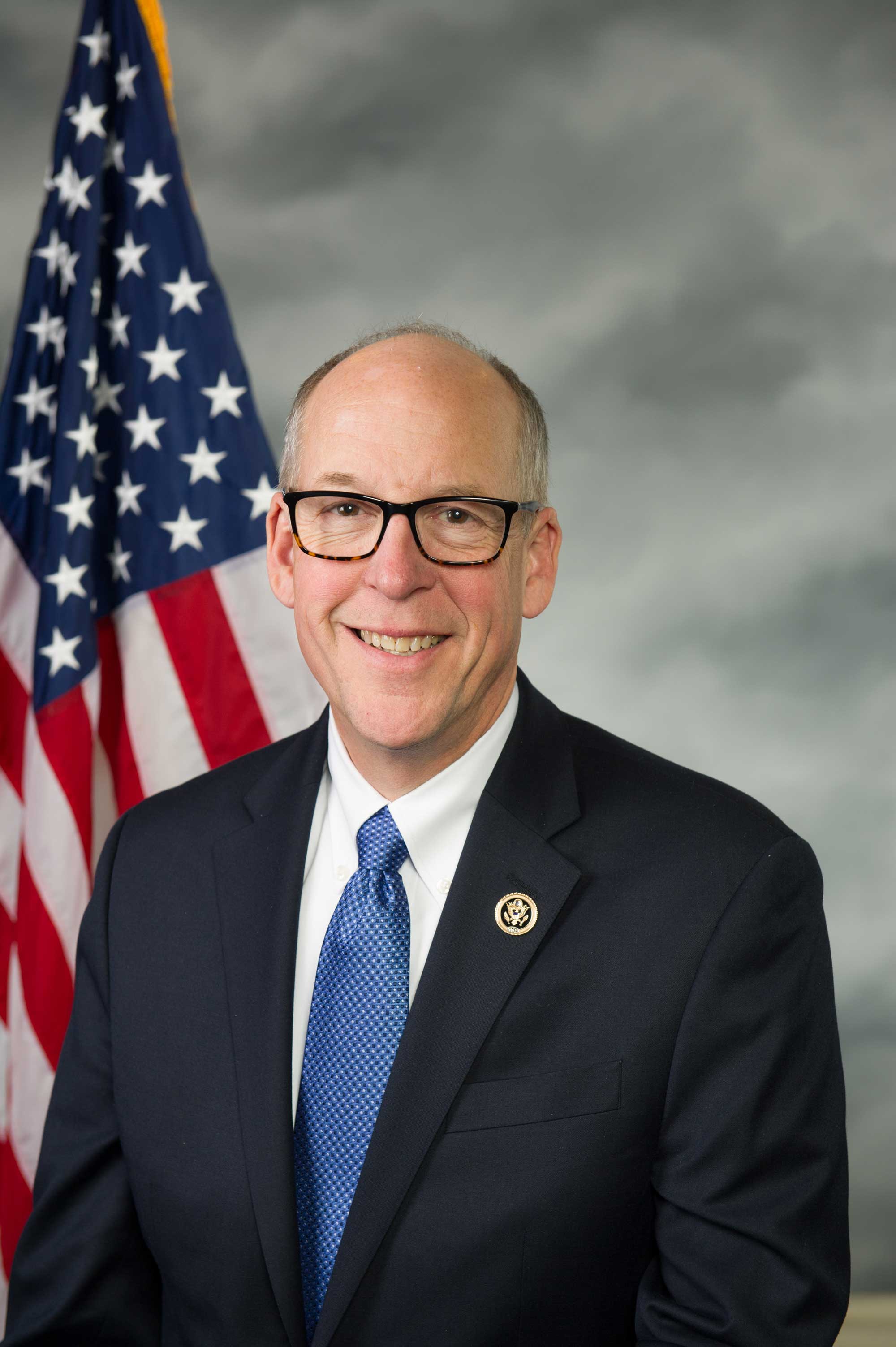Exclusive: Rep. Walden Says TVPA Lined Up to Pass in Senate as Well

The smarter way to stay on top of broadcasting and cable industry. Sign up below
You are now subscribed
Your newsletter sign-up was successful
Fresh off a bipartisan House vote Tuesday (Dec. 10) on making at least part of the STELAR law permanent, rather than having to be renewed every five years, Rep. Greg Walden (R-Ore.), ranking member of the House Energy & Commerce Committee and co-sponsor of the just-passed Television Viewer Protection Act (HR 5035), talked with B+C about the effort and what's next.

TVPA makes the mandate that broadcasters and multichannel video providers bargain in good faith permanent; allows MVPD buying groups the same good faith guarantee in negotiations, as ACA Connects had lobbied for; requires fee disclosures by MVPDs (which cable operators weren't calling for) and prohibits MVPDs from charging consumers for some equipment.
Walden is feeling good about getting the STELAR issue wrapped up before the New Year. He says there is Senate support for TVPA and expects it to be rolled into a package with the House Judiciary version of a renewal of the satellite compulsory license, the other part of the STELAR law that expires at year's end.
That Judiciary bill, the Satellite Television Community Protection and Promotion Act of 2019, would sunset some of the compulsory license (the Sec. 119 satellite compulsory network affiliate TV station distant signal license) but also make it permanent for so-called short markets and for recreational vehicles, truckers and others on the move.
B+C: Why was it important to pass this bill?
Walden: The important thing is that we came up with pretty decent communications policy. I think we finally put a stake in the heart of continuing STELAR every few years and let the marketplace work. Cable got a few wins here and the broadcasters did, too. You get permanent "good faith" on both sides.
I think it is a balanced piece of legislation that will allow localism to continue on the broadcast side, and consumers get a little more explanation about the bills they pay on the cable side.
The smarter way to stay on top of broadcasting and cable industry. Sign up below
In the end it looks like we can have fair negotiations between broadcasters and others on retransmission that will continue as an important part of the mix in the economy of localism. Small cable operators get their buying group so they can have a little more leverage in a big market. So I think, in the end, it is balanced and it works.
We ended up in a pretty good place and I am just glad to get it over to the Senate.
B+C: What are its prospects there?
Walden: I think it will find a home as well. I think we are in a really good place as the year comes to an end.
B+C: What about the compulsory license part of STELAR, which also expires at the end of the year? [That is the license that allows satellite operators to import distant network TV station signals to markets that lack them, or for truckers and RV owners on the move to do so.]
Walden: The Copyright Office has told us for a long time that the purpose of STELAR has long since served its purpose. It is long overdue to be repealed or not renewed.
Obviously you want to take care of the truly isolated folks, the RV-ers and those folks, and I think the way the Judiciary Committee has restructured that is reasonable. [A House Judiciary bill sponsored by Democrat chairman Jerrold Nadler would make the distant signal compulsory license permanent for truckers and RV-ers and others so long as AT&T agreed to provide local signals in the remaining handful of small markets where it has chosen not to deliver them via satellite.]
Dish has proved that they can serve all those markets. [AT&T-owned] DirecTV can do the same thing without the heavy hand of government doing what it does in this marketplace.
B+C: So, how does TVPA and the compulsory license part move forward?
Walden: I think it will probably end up as a package given all the issues of the Senate. We have agreement on the [TVPA] bill. Senator [Lindsey] Graham [chairman of the Judiciary Committee] signed off on it. Sen. [Roger] Wicker [chairman of the Commerce Committee] signed off on it. Various players have signed off on it.
B+C: And you think action on the compulsory license will be part of that package as well?
Walden: I think it [the Nadler bill] will get wrapped into the final package. I think the whole package has been worked out. But certainly all four corners of our [TVPA] bill has gotten sign-off.
B+C: Did it feel good, particularly on this day [when articles of impeachment were announced against President Trump by the Democrats], to have a bipartisan vote on suspension (a procedural move for noncontroversial bills)?
Walden: You know, it did, but it always does. We actually get quite a bit done together, but you have to work a little harder right now.
Contributing editor John Eggerton has been an editor and/or writer on media regulation, legislation and policy for over four decades, including covering the FCC, FTC, Congress, the major media trade associations, and the federal courts. In addition to Multichannel News and Broadcasting + Cable, his work has appeared in Radio World, TV Technology, TV Fax, This Week in Consumer Electronics, Variety and the Encyclopedia Britannica.

